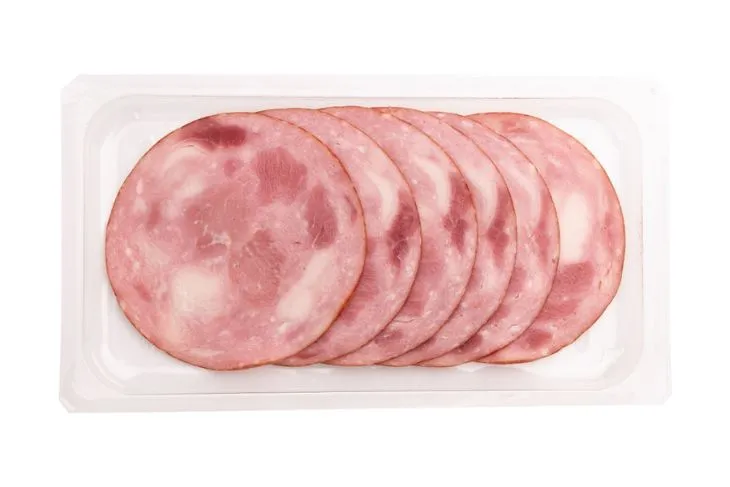For decades processed meats have offered a convenient option for just about any meal, whether it’s breakfast (sausage, bacon), lunch (luncheon meats), or dinner (burgers, hot dogs).
But ever since the World Health Organization raised concerns about the cancer risk posed by processed meats, these admittedly delicious foods have come under attack. So, what threat do these foods pose to everyday Americans? Let’s take a look at some strategies for finding and consuming the healthiest possible processed meats…
Find Healthy Cold Cuts
Not all processed meats are created equal. Some, like pork-based slices, mortadella, and salami, contain more fat, sodium, and calories than healthier alternatives, including smoked turkey or chicken. Salami, for example, can include more than 400 calories and 41 grams of fat per serving.
But it’s not just salt, calories, and fat content that you should be concerned about. Ask your local butcher to direct you to the processed meats with the lowest nitrate content and fewer preservatives.
Avoid Nitrates
Nitrates are natural chemicals found in the soil, air, and water. But they’re also used as a food additive to prevent the growth of bacteria. In some cases, they’re used to make food taste and look better, too.
Nitrates are often found in processed meats. And that’s a problem, because research has shown that a diet high in processed meats containing nitrates can increase one’s risk of developing colon cancer. Although nitrates have not been directly linked to cancer, many experts believe they’re a big part of the problem. The good news is that more and more meat producers are offering low-nitrate alternatives.
Don’t Believe the “Premium” Label
Many meat-producing companies like to claim that they only sell “premium” meats. But that doesn’t mean those meats are lower in nitrates, sodium, fat, cholesterol, or calories. And while it’s true that low-fat and low-calories processed meats can cost more, they may still pack in lots of nitrates and sodium.
Don’t be afraid to ask the butcher or meat department manager to help you find processed meat that meets your family’s health needs. Just be wary of the “premium” label, which is often little more than a marketing strategy.
Portion Control
Processed meats, and especially luncheon meats, are often cut thinly, which can make it difficult to eat just one or two slices. But most health experts recommend keeping serving sizes as small as possible, thereby limiting exposure to fat, calories, cholesterol, sodium, and nitrates.
Specifically, many health experts say one shouldn’t consume more than two or three ounces of processed meat in any meal. That’s roughly the size of a smartphone, when the slices are stacked on top of one another.
Pack in the Veggies
Processed meats are often added to sandwiches – from cold cut submarines to hot dogs and hamburgers. Together, these items make for a delicious meal.
But a healthier meal would involve lowering the meat content and increasing the number of vegetables. For example, opt for a smaller burger patty and add unique and healthy items—like avocado, onion, or red pepper—to your hamburger. Or you could have two slices of bacon instead of four on your BLT while increasing the amount of tomato and lettuce.
Use Leftovers
Many of us turn to processed meat when building our lunches for the day. Items like cold cuts are cheap, easy to use, and taste great. Unfortunately, they’re just not that good for us.
Instead, try making less processed meat for dinner the night before. Prepare an additional chicken or turkey breast acquired from the fresh meat counter—meaning it’s lower in nitrates, calories, sodium, and fat – and add the leftover meat to your family’s sandwiches.









